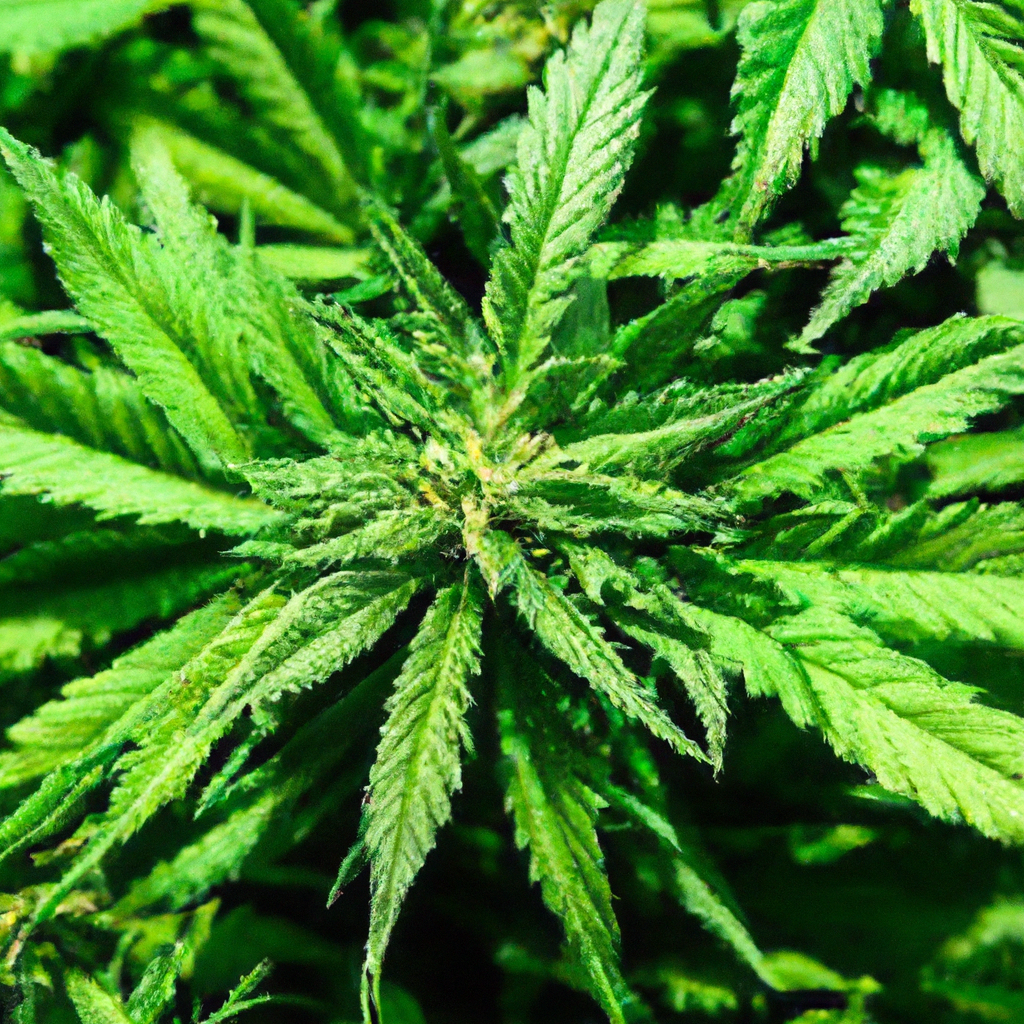Your cart is currently empty!
As the cannabis industry continues to grow, its relationship with environmental sustainability becomes increasingly crucial. This article explores the integration of sustainable practices within cannabis cultivation and the industry’s potential contributions to environmental conservation.
The Environmental Impact of Traditional Cannabis Cultivation
Cannabis cultivation, particularly when done traditionally, can have significant environmental impacts. These include high water consumption, energy usage, and the generation of waste products. Understanding these impacts is necessary to implement effective sustainable practices.
- Water Consumption: Cannabis plants require significant amounts of water, especially outdoor crops that rely on natural rainfall.
- Energy Usage: Indoor cultivation often requires high electricity use for lighting and climate control.
- Waste Generation: Fertilizer run-off, plastic waste from grow bags, and discarded plant material can contribute to environmental degradation.
Innovative Sustainable Practices in Cannabis Cultivation
To mitigate the environmental footprint of cannabis cultivation, several innovative sustainable practices are gaining attention within the industry:
1. Water-Efficient Techniques
Implementing methods like drip irrigation and rainwater harvesting can drastically reduce water usage in cannabis cultivation. These techniques ensure that water is delivered directly to the plant roots with minimal wastage.
2. Renewable Energy Sources
Adopting renewable energy sources such as solar panels and wind turbines can help reduce the energy demand of indoor cultivation facilities. This not only lowers operational costs but also decreases the carbon footprint.
3. Organic Growing Methods
Utilizing organic growing methods, including the use of natural fertilizers and crop rotation, can significantly lessen the use of synthetic chemicals and promote soil health.
The Role of Cannabis in Environmental Preservation
Despite concerns, cannabis is positioned to play a notable role in environmental preservation through sustainable practices:
- Carbon Sequestration: Cannabis plants have a high rate of photosynthesis, which can aid in absorbing carbon dioxide and mitigating climate change.
- Soil Regeneration: Cannabis roots improve soil structure and enhance microbial activity, contributing to better soil health.
- Biodiversity Support: Integrating cannabis cultivation within a polyculture system encourages biodiversity, benefiting local ecosystems.
Conclusion
The future of cannabis in environmental sustainability is promising. By embracing water-efficient techniques, renewable energy, and organic growing methods, the cannabis industry can transform from a potential environmental burden to an ally in environmental preservation. Sustainable cannabis cultivation is not only viable but necessary for the continued growth and acceptance of the industry.
By investing in sustainable practices, the cannabis industry can be a leader in environmental stewardship, setting an example for other sectors to follow and contributing positively to the planet’s health.
Join us in exploring a sustainable future for cannabis and let’s make a positive impact together.
Tags: EnvironmentalImpact, CannabisCultivation, Sustainability, SustainablePractices, EcoFriendly
Discover more from Magic Clones
Subscribe to get the latest posts sent to your email.


Leave a Reply